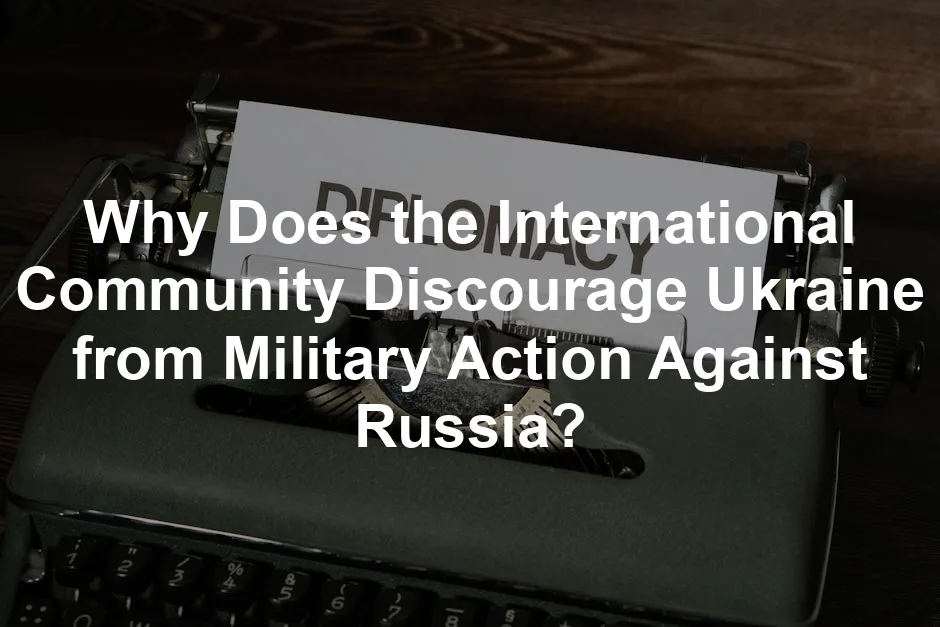
Why Does the International Community Discourage Ukraine from Military Action Against Russia?
Introduction
The conflict between Ukraine and Russia has escalated dramatically since 2022. Tensions have led to widespread devastation and loss of life. The international community closely monitors Ukraine’s military actions. Many nations discourage Ukraine from pursuing military solutions. Understanding the reasons behind this stance is crucial for grasping the complexities of global diplomacy and security.
The international community’s stance on Ukraine’s military actions is influenced by concerns about potential escalation and the need for diplomatic solutions. waspinator why does universe expand
Summary and Overview
The war in Ukraine has significant implications for international relations. Russia’s invasion in 2022 marked a severe breach of international law, prompting widespread condemnation. The United Nations General Assembly overwhelmingly demanded Russia withdraw its troops, emphasizing support for Ukraine’s sovereignty.
The international community has responded with sanctions and military assistance to Ukraine. However, discouraging Ukraine from escalating military actions is vital to preventing a broader conflict. Further aggression could destabilize not just Ukraine, but also neighboring countries.
Preserving regional stability is paramount. A military confrontation risks drawing in NATO and other global powers, complicating the situation further. Adherence to international law provides a framework for resolving disputes without resorting to armed conflict. Engaging in diplomacy is essential to achieve lasting peace and security for all parties involved.
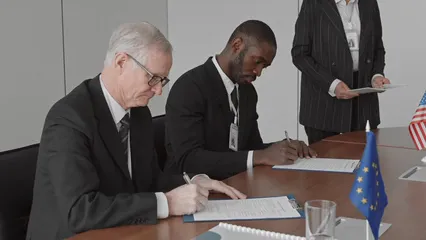
To dive deeper into the context of Ukraine’s history and its people, consider reading “The History of Ukraine: The Story of the Ukrainian People” by Orest Subtelny. This book provides a comprehensive overview of Ukraine’s rich culture and tumultuous history, allowing readers to understand the roots of the current conflict.
The Historical Context of Ukraine-Russia Relations
The relationship between Ukraine and Russia is complex and fraught with tension. This history has roots that stretch back centuries, but key events in recent years significantly shaped their current dynamics. In 2014, Russia’s annexation of Crimea marked a turning point. This aggressive move violated international law and led to widespread condemnation. It also set the stage for ongoing conflict in Eastern Ukraine, where Russian-backed separatists declared independence.
The Euromaidan protests in 2013 were another pivotal moment. They arose from public discontent over Ukraine’s pivot toward Russia and away from European integration. This unrest ultimately led to the ousting of President Yanukovych. The political vacuum that followed contributed to the chaos and instability that Russia sought to exploit.
International perspectives on this conflict are informed by these historical grievances. Many see Russia’s actions as a blatant disregard for Ukraine’s sovereignty. Previous military interventions by Russia in regions like Georgia further complicate this narrative. These events have shaped military strategies and global responses. Countries view Ukraine’s struggle as part of a larger fight for democratic values against authoritarianism. Understanding this context is crucial for grasping the motivations behind the international community’s approach toward Ukraine today.
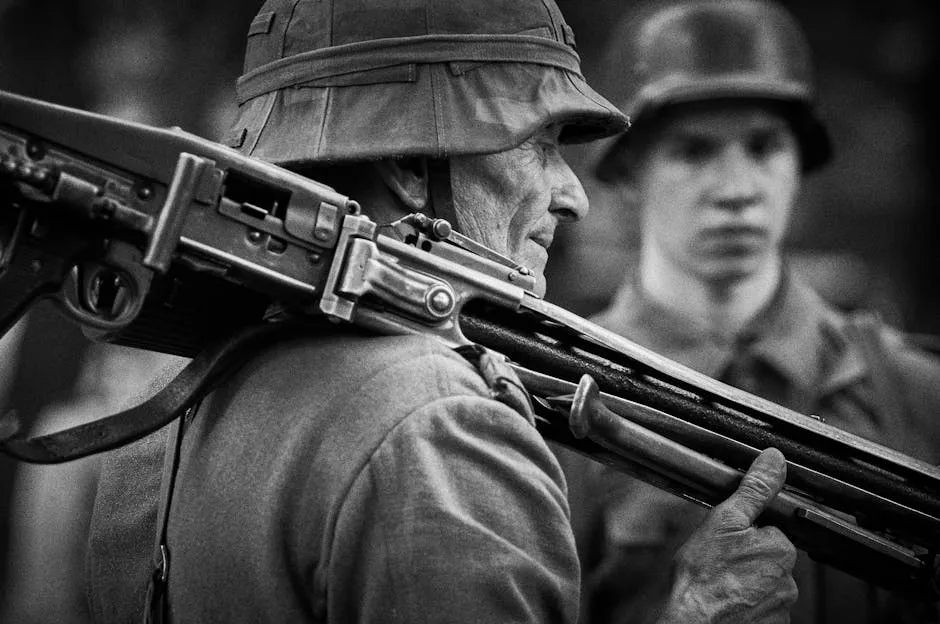
For a deeper understanding of the ongoing conflict, “The Russian-Ukrainian Conflict: A Case Study in International Relations” by Robert McMahon is a must-read. This insightful book sheds light on the intricacies of international politics and the factors that have led to the current crisis. Check it out here.
International Law and Sovereignty
International law emphasizes the principles of sovereignty and non-intervention. These principles are vital in maintaining global order. When a nation threatens another’s sovereignty, it disrupts this order. Ukraine’s military response to Russian aggression raises concerns about adherence to these principles.
If Ukraine were to escalate military actions against Russia, it could be perceived as a violation of international norms. Such actions may lead to accusations of aggression, undermining Ukraine’s legitimacy on the world stage. This potential violation has significant implications for global governance. It could set a dangerous precedent, encouraging other nations to act similarly.
Violating international law risks eroding trust among nations. This could lead to a breakdown in diplomatic relations and complicate future conflict resolution efforts. The international community prioritizes diplomacy over military solutions to ensure long-term peace and stability. By discouraging military actions, global leaders aim to uphold these critical legal principles and maintain a cooperative international environment.

Also, if you’re interested in exploring the nuances of military strategy and history, “The Art of War” by Sun Tzu offers timeless wisdom applicable to modern conflicts. Understanding these strategies can provide valuable insights into the current situation. Grab a copy here.
Global Security Concerns
Military escalation in Ukraine could lead to broader instability. If Ukraine were to launch a significant military offensive against Russia, it might provoke a strong response from Moscow. This reaction could spiral into a conflict that pulls in neighboring countries. Imagine if NATO members were drawn into the fray. The situation could rapidly escalate, threatening the security of Europe.
The stakes are high. A wider conflict could destabilize regions already vulnerable. Countries like Poland and the Baltic states may feel threatened. Their fears could prompt military buildup and increased tensions, further complicating the situation. Maintaining peace in Europe is critical.
The international community understands that a united front is essential to deter aggression. Any military action by Ukraine might undermine years of diplomatic efforts. This could lead to a breakdown of alliances and a resurgence of tensions reminiscent of the Cold War era. A careful approach, prioritizing diplomacy over conflict, is vital for long-term security in the region. By focusing on peaceful resolutions, the international community aims to prevent a larger war that could engulf Europe.
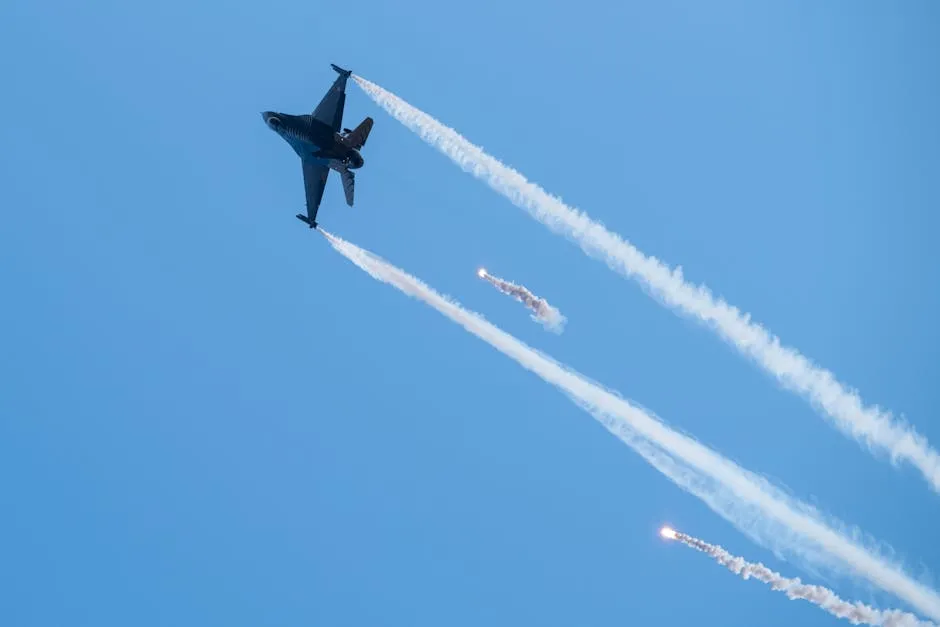
For those interested in the broader implications of international conflict, “The Cold War: A New History” by John Lewis Gaddis offers insightful perspectives on how past conflicts shape current geopolitics. Consider reading it here.
Humanitarian Considerations
Military actions have devastating humanitarian impacts. Civilians in both Ukraine and Russia bear the brunt of conflict. In Ukraine, bombings and shelling have resulted in thousands of civilian casualties. Families are torn apart, and communities are destroyed. The toll on mental health is immense, with many left traumatized by the violence.
Escalation of military conflict could worsen the humanitarian crisis. Displacement would increase, as more people flee their homes seeking safety. Access to food, healthcare, and basic services could dwindle further. The ongoing war already strains humanitarian aid efforts, making it harder to reach those in need.
Humanitarian aid plays a crucial role in alleviating suffering. Organizations work tirelessly to provide food, medical care, and shelter. However, military actions can hinder these efforts. It’s essential to prioritize dialogue and negotiations to create conditions for humanitarian assistance to flow freely. By focusing on peace, the international community can help mitigate the humanitarian fallout, ensuring that aid reaches those who need it most.
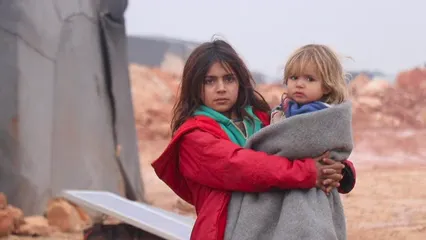
For those who want to understand the humanitarian aspects further, “The Humanitarian Crisis in Ukraine: A Call for Action” by the International Committee of the Red Cross is an enlightening read. It details the challenges faced in providing aid during conflict. You can find it here.
Economic Implications
Military actions have significant economic consequences for Ukraine and beyond. A full-scale military offensive could lead to sanctions from the international community. These sanctions would not only impact Ukraine but also disrupt global markets. For instance, if Ukraine were to escalate its military actions, countries might respond by halting trade or imposing financial restrictions. This could create a ripple effect, leading to decreased economic activity and increased costs for consumers everywhere.
Moreover, a stable Ukraine is crucial for European economic interests. Ukraine is a key transit route for natural gas and agricultural products. Instability in Ukraine could threaten energy supplies and food security across Europe. This would likely lead to increased prices and economic uncertainty. The loss of agricultural exports could also exacerbate food shortages in vulnerable regions worldwide.
In essence, the international community recognizes that encouraging military action in Ukraine could lead to broader economic repercussions. Stability in Ukraine is vital not just for its own future but for the economic health of Europe and beyond. Ensuring a peaceful resolution to the conflict is essential for maintaining economic stability and growth across the continent.

To further explore the impact of economic sanctions and policies, “The New Confessions of an Economic Hitman” by John Perkins sheds light on how economic strategies influence global affairs. This book provides valuable insights into the economic ramifications of international conflicts. Check it out here.
The Role of International Organizations
International organizations like the United Nations and NATO play a pivotal role in discouraging military actions in Ukraine. Their influence is rooted in promoting peace and stability through diplomatic channels. For instance, the UN has consistently advocated for negotiations over military escalation. The UN General Assembly’s resolutions signal a collective stance against aggression, emphasizing diplomatic solutions.
NATO’s involvement is equally critical. Collective security agreements deter nations from unilateral military actions. By presenting a united front, NATO reinforces the idea that military aggression will not be tolerated. This discourages Ukraine from resorting to military means, as any escalation could trigger a broader conflict involving NATO members.
Furthermore, diplomatic channels facilitated by these organizations are essential for conflict resolution. They provide platforms for dialogue and negotiation. These discussions encourage all parties to seek peaceful resolutions rather than military confrontations. By prioritizing diplomacy, the international community aims to foster an environment where dialogue prevails over conflict, ultimately leading to a more stable region.
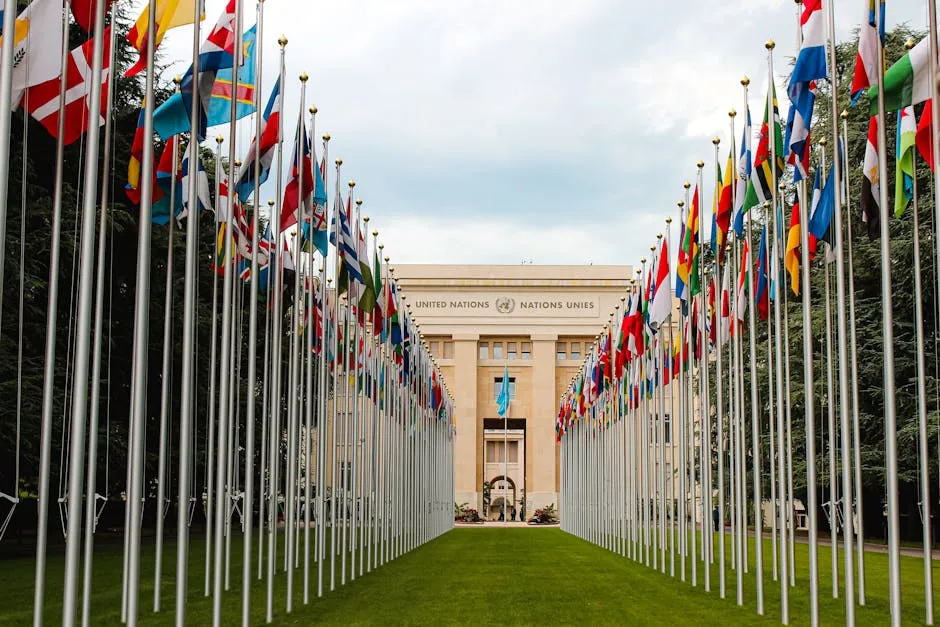
Perspectives from Key Nations
The international community holds varied views on Ukraine’s military actions against Russia. Major players, especially NATO allies, express concerns about escalation. For instance, the U.S. and European nations support Ukraine but stress the need for restraint. They fear that aggressive military responses could provoke a wider conflict. Countries like Germany advocate for a diplomatic approach. They believe that military solutions may lead to unintended consequences.
In contrast, non-aligned countries may take a different stance. They often prioritize neutrality and caution. These nations emphasize the importance of dialogue over military engagement. Their perspectives highlight the complexities in international relations.
Ukraine’s decision-making is significantly influenced by these diverse viewpoints. While military support is appreciated, the emphasis on diplomacy shapes strategy. Ukraine must balance its defense needs with the broader international implications of its actions. The varying perspectives within the international community ultimately guide Ukraine in navigating this challenging landscape.

To better understand the geopolitical dynamics at play, “Ukraine and Russia: From Civilized Divorce to Uncivil War” by Paul D’Anieri provides a critical analysis of the relationship between the two nations. This book is an excellent resource for grasping the nuances of their interactions. You can find it here.
The Impact of Public Opinion
Public opinion plays a crucial role in shaping international support for Ukraine. In many countries, strong sentiments against Russia’s aggression drive support for Ukraine. Citizens rally behind humanitarian aid and military assistance. However, public fatigue can also emerge. As conflicts drag on, support may wane, affecting government policies.
Media coverage significantly influences public perception. The narratives presented can either bolster support or create skepticism. Responsible reporting helps clarify the complexities of the conflict, while sensationalism can skew opinions.
Public sentiment is vital in diplomatic efforts as well. Governments often respond to their citizens’ views, making it essential to maintain strong public backing. Ultimately, the interplay between public opinion and media narratives shapes the international community’s approach to supporting Ukraine. Engaging citizens in discussions about the conflict can enhance awareness and understanding, fostering a more informed dialogue.

To understand how public opinion shapes international relations, “The Globalization of World Politics: An Introduction to International Relations” by John Baylis offers insights into the role of public sentiment in global affairs. This book is essential for anyone looking to explore the intersection of public opinion and international politics. Check it out here.
Conclusion
The international community discourages Ukraine from military action for several reasons. Concerns about escalation, humanitarian impacts, and adherence to international law weigh heavily on global leaders. Emphasizing diplomacy and peacebuilding will be crucial in resolving the conflict. Continued support for Ukraine through humanitarian aid and diplomatic engagement remains essential. By prioritizing non-military solutions, we can contribute to a more stable and peaceful future for Ukraine and its neighbors.
Please let us know what you think about our content by leaving a comment down below!
Thank you for reading till here 🙂
All images from Pexels




